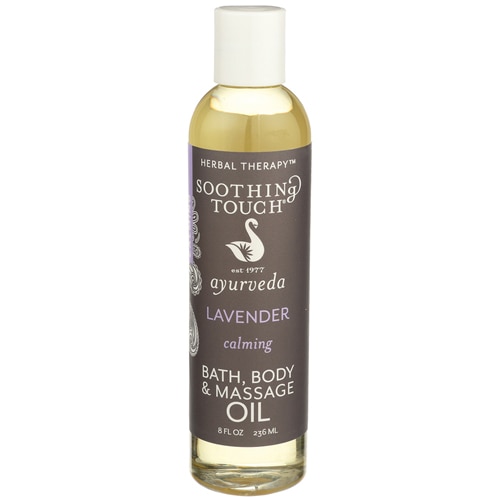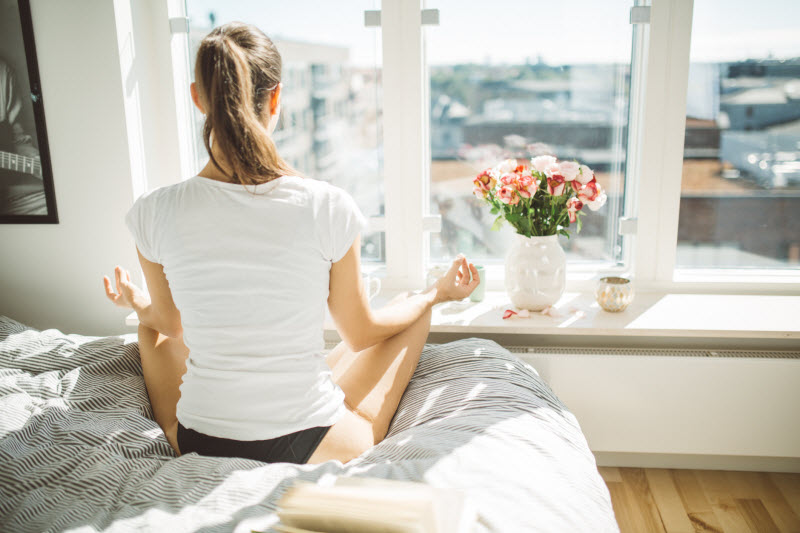Feeling anxious? If you struggle to keep calm, you aren’t alone.
“Anxiety is at an all-time high,” says Laura Rhodes-Levin, a licensed therapist and founder of the Missing Peace Center for Anxiety in Agoura Hills, California.
The stressors of modern life easily can overwhelm people, Rhodes-Levin says. Technology – which makes life easier in many ways – also puts us on edge.
Email, texting and social media bombard us with messages and demands. “Our brains just do not have the chance to rest and restore,” Rhodes-Levin says.
Meanwhile, the 24/7 news cycle brings more unhappiness into our homes.
“If something terrible happens in Alabama, we know about it two seconds later,” Rhodes-Levin says. “We’re so much more connected to the tragedies and the stressors of the world.”
In addition, we live in a world where multitasking overwhelms human brains not built for such processing.
“When you’re multitasking, it’s very hard to have things enter into long-term memory, because you’re so distracted” Rhodes-Levin says.
Symptoms of anxiety
While everybody feels overwhelmed and anxious from time to time, there are some key signs that anxiety may be taking control of your life, Rhodes-Levin says. They include:
- Difficulty sleeping
- Shortened temper
- Overeating – or, conversely, loss of appetite
The persistence of such symptoms indicate that your body is locked into a “fight or flight” mode that is making it tougher to tolerate stress.
“If anxiety is really building up in your system, it’s going to get more and more difficult,” Rhodes-Levin says.
Reducing anxiety naturally
To combat such anxiety, Rhodes-Levin suggests taking a more active approach to relaxation.
Just as we exercise to combat a sedentary lifestyle and keep our bodies in shape, we need to learn to protect our minds from stressors.
“I know we think of ourselves as very modern and so advanced, but the truth is our bodies and brains have not caught up to the world we’ve created,” Rhodes-Levin says.
She suggests waking up and immediately doing “something that helps you feel good inside” before picking up your phone and beginning a hectic day.
Even something as simple as connecting to the world of nature right outside your door can get your day started right.
“I think that nature is a lot ways naturally relaxes our body, and it reminds us that we are part of something bigger than just the minutiae of our chaotic little world,” Rhodes-Levin says.
Aromatherapy inhalers and essential oils also can trigger neurotransmitters in your brain that release different sensations, and an overall sense of well-being
“Your five senses are the best way to connect to the world around you,” Rhodes-Levin says. Focusing on your sense helps keep you from falling prey to “the egomaniacal frontal cortex that’s running you ragged,” she adds.
Finally, simple mindfulness and slowing down can go a long way toward bringing you a sense of peace, she says.
“If you do have a problem in front of you, just tackle it one step at a time instead of letting the entire thing overwhelm you,” Rhodes-Levin says.
When to seek help
Of course, for some people, such steps are not enough to relieve anxiety.
“I always say that anxiety is a liar that predicts doom,” Rhodes-Levin says. “So, if everything around you seems like it’s doomed-filled, your anxiety is running the show.”
If symptoms of anxiety increase – such as experiencing heart palpitations or sweating excessively due to anxious feels – it may be time to seek professional help.
A trained therapist can use treatments – including neurofeedback and pulsed electromagnetic field therapy – as part of a holistic approach to reducing your anxiety, Rhodes-Levin says.




